Most popular esports organizations are spending on building competitive rosters and acquiring spots in franchised leagues, which could lead some fans to think that lifting trophies is the main factor in a team becoming successful. Winning, however, is secondary to “storytelling” and “entertaining people,” according to G2’s CEO and founder Carlos Rodriguez.
Rodriguez founded G2 in November 2013 and currently fields teams in almost every top-tier esport, including League of Legends, CS:GO, and VALORANT. The organization has become one of the most popular in the world, some of which has to do with how many titles they’ve won, but Rodriguez said the primary reason is that G2’s management knows how to differentiate the team from its competitors.
“We play to our strengths, which are two-fold,” Rodriguez said in an interview with Forbes. “[F]irst is storytelling [and] entertaining people, and second is winning. We monetize very differently from how our competitors [do]–they often just monetize their individual creators, which has a very low margin and it’s neither scalable nor sustainable.”
Rodriguez told Forbes that, for the most part, G2 makes money through its own content creation. This makes G2 one of the stronger brands in esports, which is why the organization is capable of drawing the attention of many non-endemic sponsorships like Mastercard, Adidas, and BMW, in addition to popular gaming companies such as Logitech.
“Sponsorship deals are a big element for how our business is sustainable,” Rodriguez said. “We are able to create far more value for partners than the money they pay us, which ultimately means they are prone to renew–this is something we take pride in, and goes to show our ability to add value to them over the years.”
One of the key factors for the financial long-term of an esports organization is to not behave like they’re traditional sports teams, according to Rodriguez. This is because the sports teams have way more recognition in their local community and the locals show up for events, which doesn’t work for esports.
Rodriguez said “nationality comes second to brand power” and that creating English-speaking content is very important to creating a brand, regardless of where the organization is located.


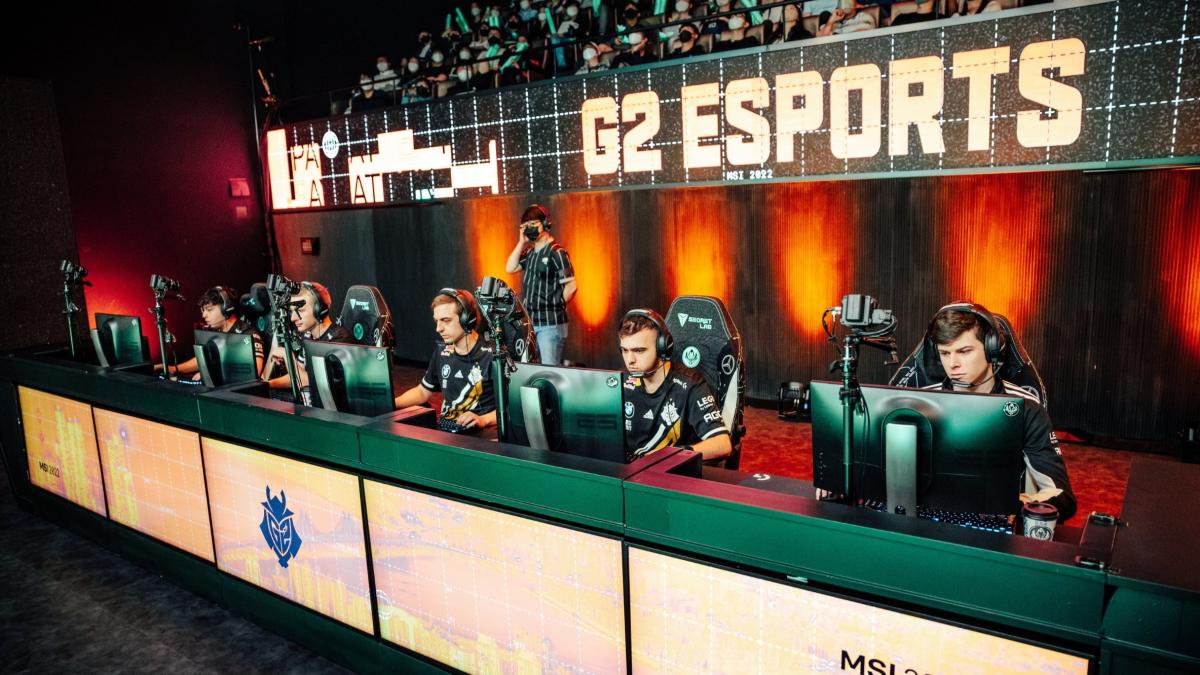



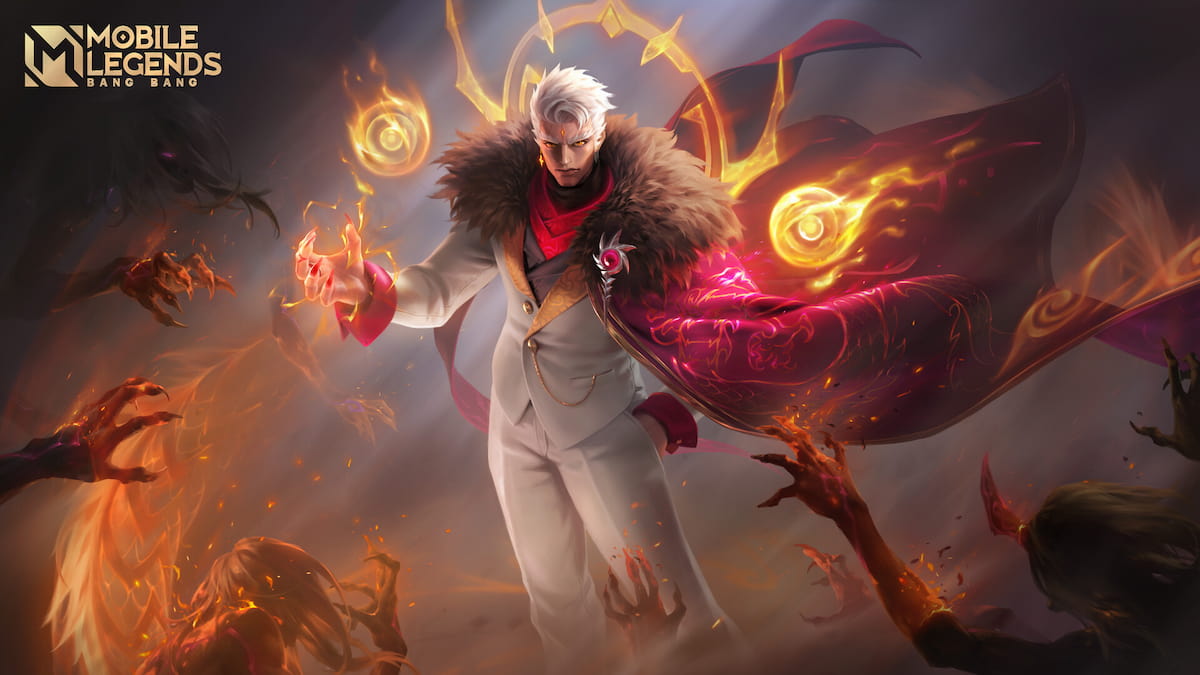
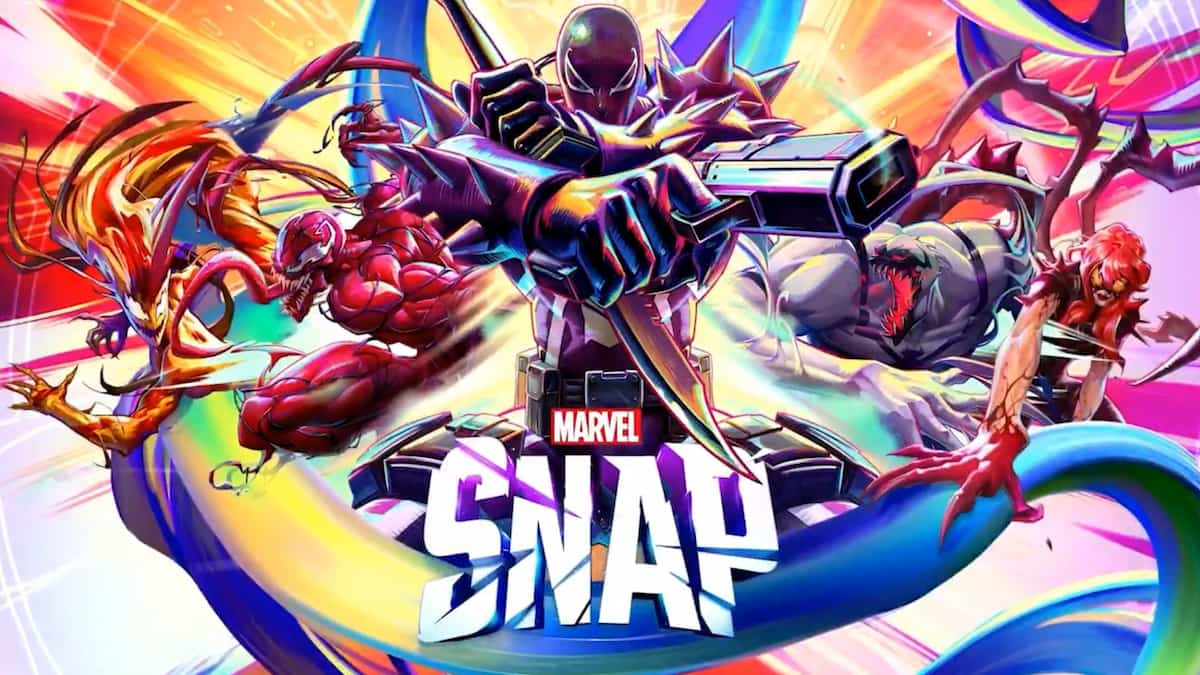


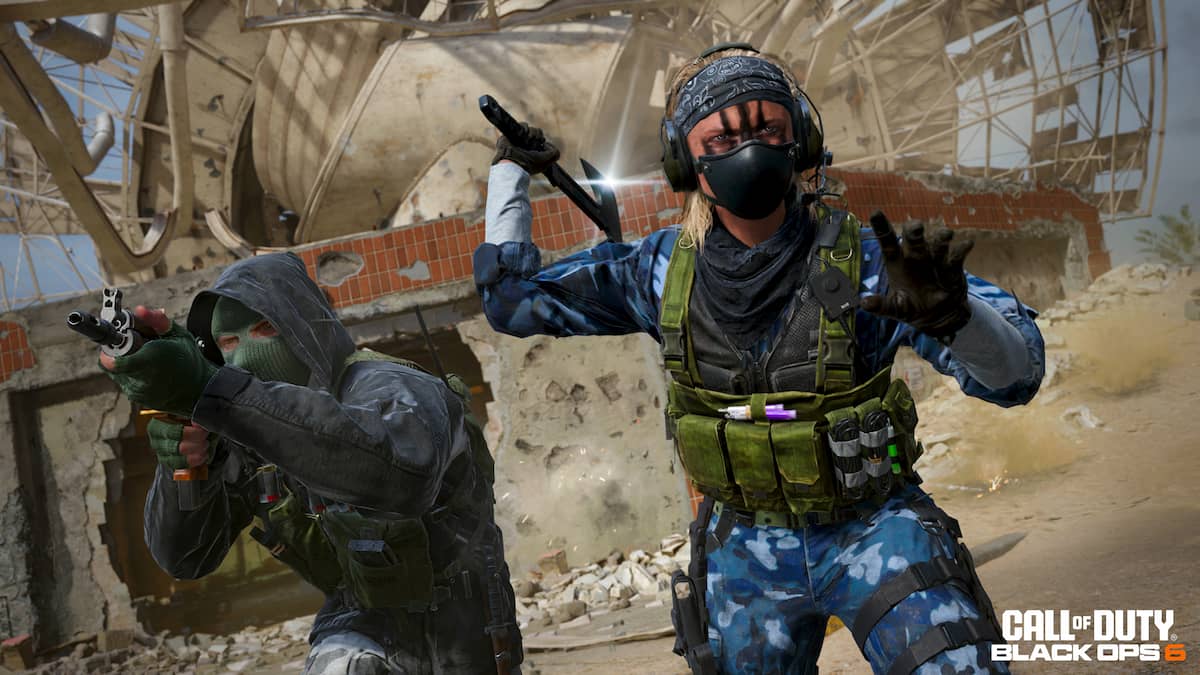
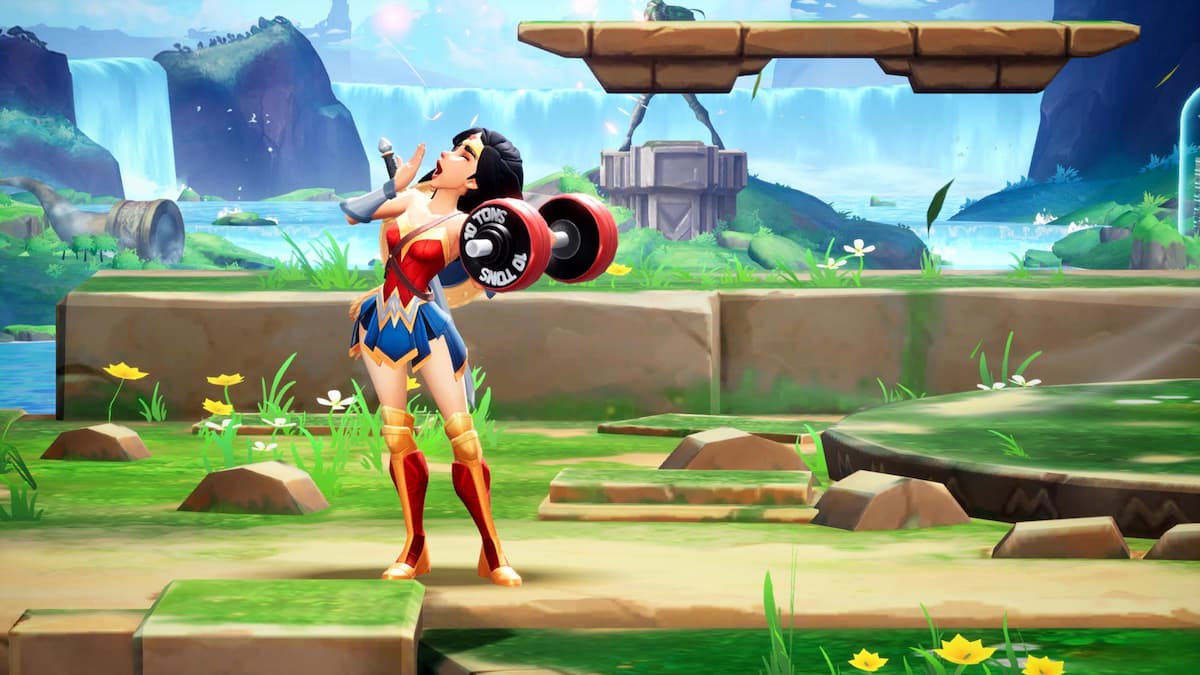
Published: Jun 23, 2022 10:56 am